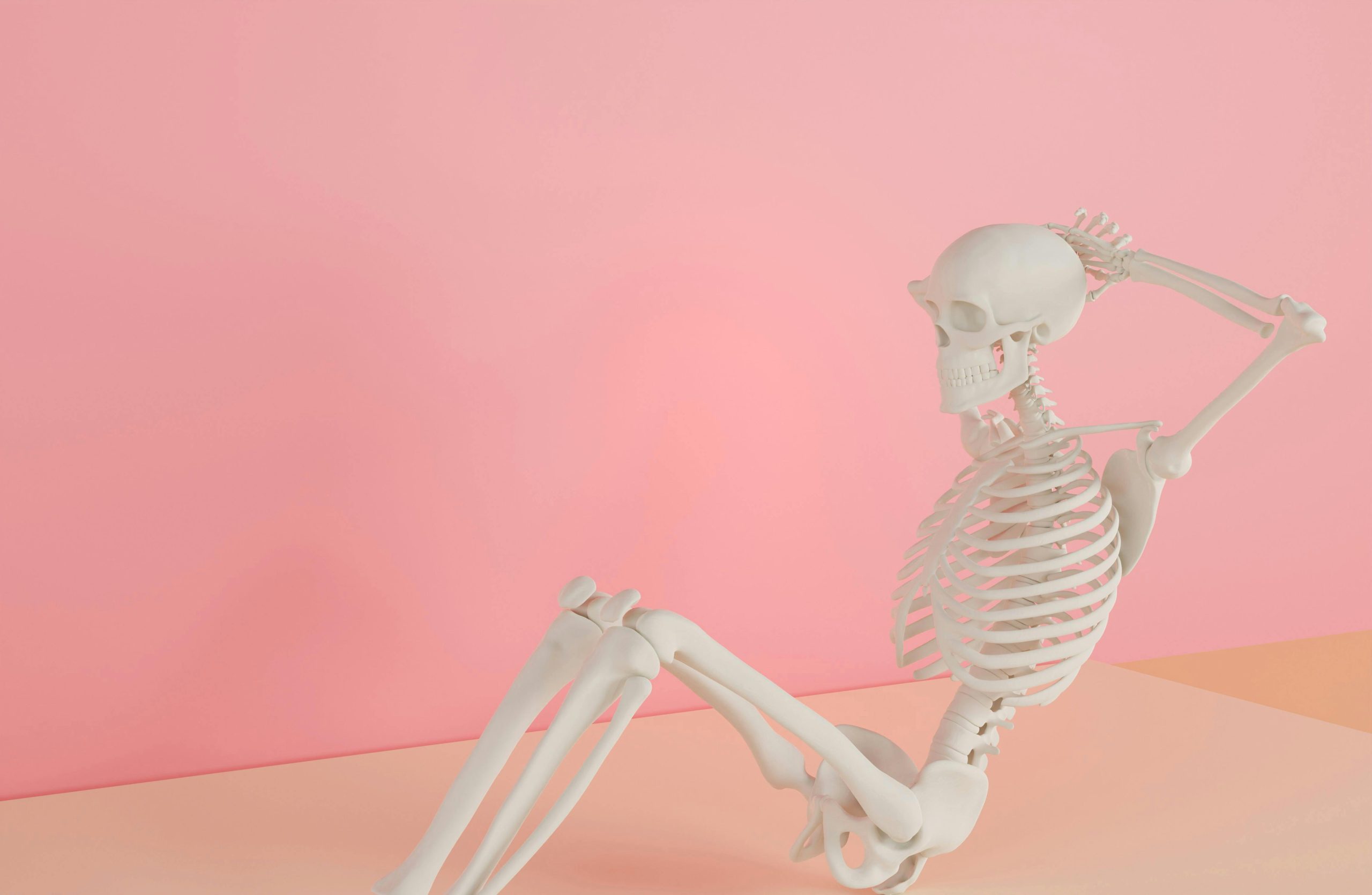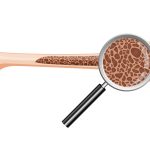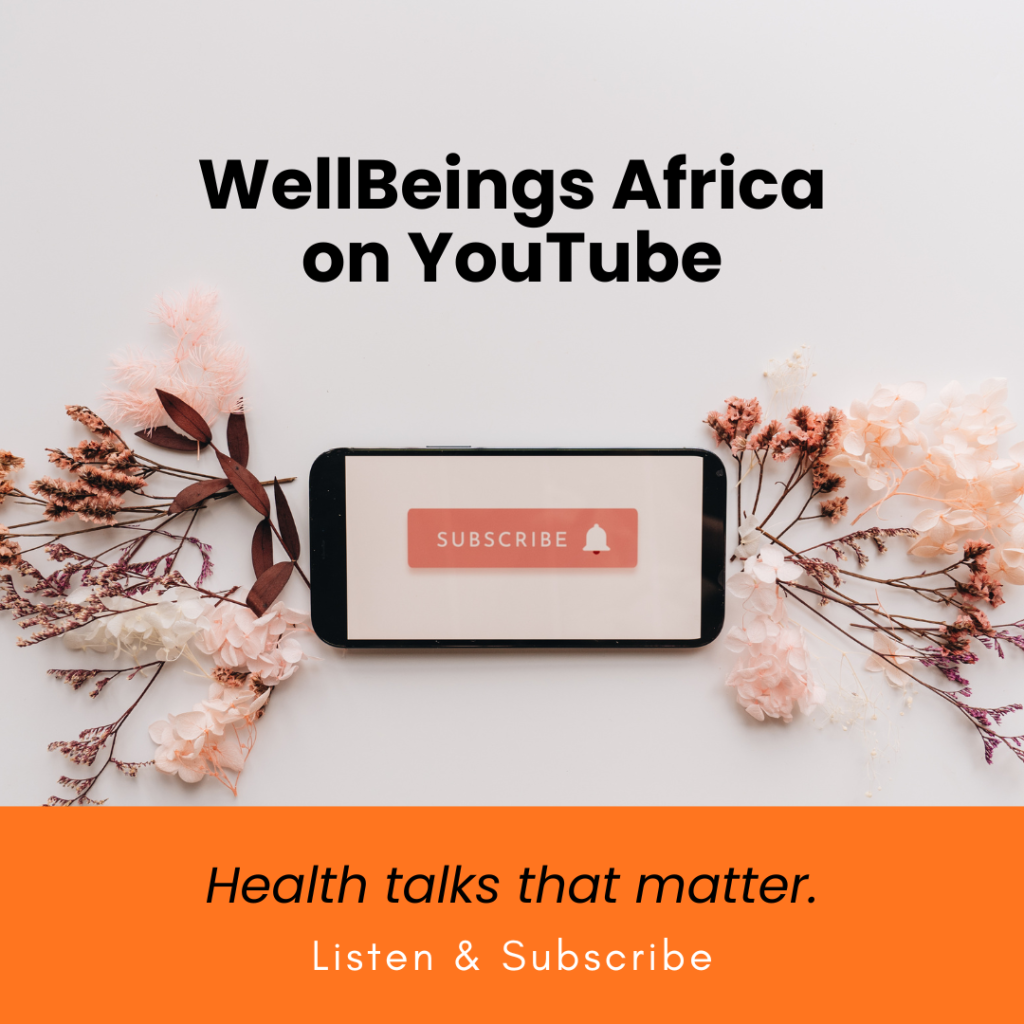Strong bones are the foundation of a healthy body
Your bones do a lot more than you think! Discover key things to know about bone health, from nutrition and exercise to lifestyle habits that keep your skeleton strong and healthy.
Quick Read:
- There are over 100 types of joint disorders, including everything from osteoarthritis to rheumatoid arthritis. Taking care of your bones today means a stronger, more active tomorrow.
- You may want to avoid movement when your joints are sore, but targeted exercises actually help in fighting back against arthritis.
- Strength-training exercises focus on building muscle around the affected joints. This helps with better support and stability.
What does good bone health mean?
Good bone health means having strong, dense, and well-maintained bones that support your body, protect your organs, and allow you to move easily without pain or risk of fractures. It means your bones are healthy enough to handle daily activities and stress, and you’re at a lower risk of conditions like osteoporosis or bone breaks as you age.
Keeping your bones strong
Your bones are like a busy construction site and this site never stops working! Even though you cannot see all the action, your bones are always breaking down old, weak parts and building new, stronger ones. This constant renewal is good news as it helps keep your skeleton healthy and strong as you grow and get older.
Let’s look at a few ways to keep your bones strong.
- Milk is a quick and easy source of calcium, but you still have many calcium-friendly options. Did you know that spinach has a substantial dose of calcium? You can also get calcium from kale, almonds, cheese, and yoghurt. Add leafy greens, tofu, and chia seeds to your meals for more quick calcium boosts.
- Start taking care of your bones sooner than later. It’s true that after menopause, women are more at risk for osteoporosis, due to hormonal changes. But both men and women are vulnerable to bone and joint problems, especially as they get older. This is why it’s important for everyone to stay active and fit and focus on flexibility and strength training. Fill up on a calcium-rich diet and add regular weight-bearing exercises to your fitness routine to maintain bone density.
- While it’s an everyday essential, calcium works best with other nutrients like Vitamin D, magnesium and Vitamin K2. Make it a point to read food labels and focus on adding more whole foods to your meals.
- As we age, we’re all vulnerable to mobility issues, pain, stiffness and loss of flexibility. Arthritis can affect anyone, even if your joints are strong right now. Add more anti-inflammatory foods such as turmeric, ginger and Omega-3-rich foods (e.g., salmon, flaxseed) to improve your joint health in the long run.

Keep moving!
Staying active is one of the best ways to keep your bones strong, but it’s important to mix things up. High-impact exercises like running, jumping, or dancing can boost bone density, but they also put pressure on your joints, so use the right form and take regular rest days. Wearing supportive shoes and cross-training with low-impact activities like swimming or cycling can reduce the risk of injury and keep your bones in good shape.
Remember, your bones reach their peak strength in your 20s and start to slowly weaken as you age. If you wait too long to take care of them, you could face a higher risk of fractures and bone loss. The sooner you start, the better your chances of staying strong and active as you get older.
If you’re on certain medications or have health conditions that might weaken your bones, it’s important to speak to a doctor for advice on how to protect your bones.
Images: Pexels





















